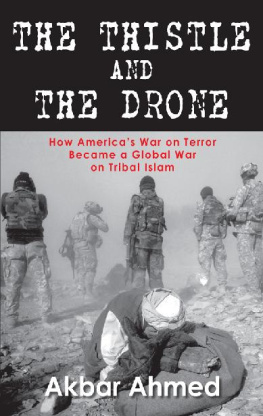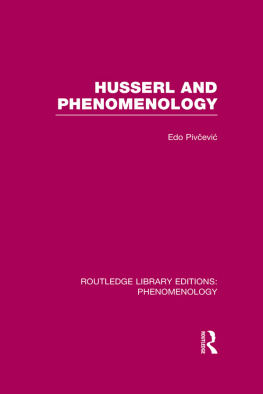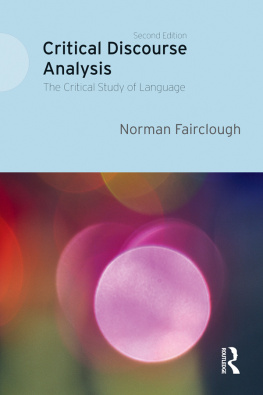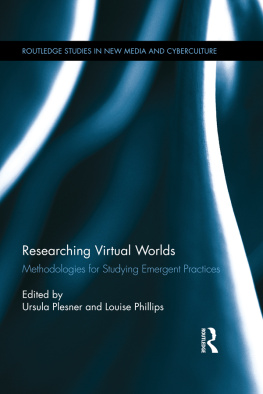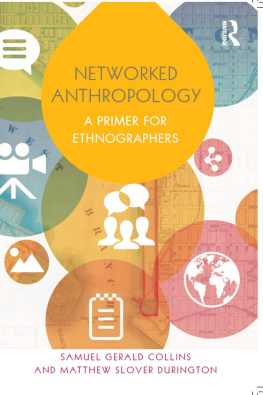
Routledge Revivals
Millennium and Charisma among Pathans
First published in 1976, this reissue presents an analysis of the Swat Pathans, the people of the North-West Frontier Province of Pakistan. They belong administratively to Pakistan despite being a fiercely independent group, with their own codes and ways of life. Akbar S. Ahmed, who knows the Swat Pathans well through his family connections, presents a clear and sophisticated analysis of their complex society. The study provides an anthropological and critical re-examination of the ethnography of the Swat Pathans and the author suggests specific alternative models of social organization.
This book is important, and gives rewarding insight into a dynamic political structure in Islamic tribal society. Andre Singer, Times Literary Supplement
Mr Ahmed's strengths are his first hand experience of this subject, his knowledge of Islam and his intimacy with the languages concerned. To these he adds an excellent understanding of theoretical issues in contemporary social anthropology. The book is important for all social anthropologists, for students of South Asian societies, Islamic scholars and political scientists. D.F. Pocock, British Book News
Millennium and Charisma
among Pathans
A Critical Essay in Social Anthropology
Akbar S. Ahmed
First published in 1976
by Routledge & Kegan Paul Ltd.
This edition first published in 2011 by Routledge
2 Park Square, Milton Park, Abingdon, Oxon, OX14 4RN
Simultaneously published in the USA and Canada
by Routledge
270 Madison Avenue, New York, NY 10016
Routledge is an imprint of the Taylor & Francis Group, an informa business
1976 Akbar S. Ahmed
All rights reserved. No part of this book may be reprinted or reproduced or utilised in any form or by any electronic, mechanical, or other means, now known or hereafter invented, including photocopying and recording, or in any information storage or retrieval system, without permission in writing from the publishers.
Publisher's Note
The publisher has gone to great lengths to ensure the quality of this reprint but points out that some imperfections in the original copies may be apparent.
Disclaimer
The publisher has made every effort to trace copyright holders and welcomes correspondence from those they have been unable to contact.
ISBN 13: 978-0-415-61796-3 (hbk)
ISBN 13: 978-0-203-82878-6 (ebk)
Millennium and Charisma
among Pathans
A critical essay in
social anthropology
Akbar S. Ahmed
to my mother and father
First published in 1976
by Routledge & Kegan Paul Ltd
39 Store Street,
London WC1E 7DD,
Broadway House,
Newtown Road,
Henley-on-Thames,
Oxon RG9 1EN and
9 Park Street,
Boston, Mass. 02108, USA
Reprinted and first published
as a paperback in 1980
Printed in Great Britain
by Redwood Burn Limited,
Trowbridge and Esher
Akbar S. Ahmed 1976
No part of this book may be reproduced in
any form without permission from the
publisher, except for the quotation of brief
passages in criticism
ISBN 0 7100 8348 3 (c)
ISBN 0 7100 0547 4 (p)
Contents
Millennium and Charisma
among Pathans
Foreword
Certain styles of political legitimation emerged prominently at the very inception of the Muslim community. The consensus of the Community, the authority of the Book, kinship with the Prophet: these were the ideas which were invoked when leadership, authority or succession were in dispute. The crystallization of the great Muslim sects and their distinctive characteristics hinges to a large extent in terms of the relative stress given to each of these ideas. But the conflicts did not cease after the early, classical period of Islam; and as men seldom fight or engage in political struggle without the invocation of some ideas, these principles continued to live a rich and complex life in the long and often turbulent history of Muslim societies.
The vigour of these principles has deep roots in the life of Muslim communities. Ideas do grip men, but in order to do so, they generally need a firm anchorage in the forms of human association, in the needs and suggestiveness of men's groupings. The ideas which have pervaded Muslim history do indeed have such concrete social underpinning. Nomadic, mountain and even sedentary peasant communities have all tended to display, in the Muslim world, a ferocious independence. They defended the local group against all others and also against the central state. Such local communities needed an organization, both for defence and for internal self-administration. This organization was generally expressed in terms of kinship. No wonder that the idiom of kinship was also extended to the crucial sphere of religion, that sacred leadership should also be thought of as passing in the genealogical line. The autonomous local groups also generally needed holy personages, both for arbitration amongst themselves, and for mediation with the outside world, the central state, and to provide that moral and economic continuum which was the Muslim world even when political power within it was fragmented.
At the same time, the idea of the authority of the Book, and of the importance of communal consensus in interpreting it, was powerfully represented by the corps of scholars/theologians/jurists, the ulama. The scholars and the holy men were sometimes opposed and sometimes acted in unison. Learning, piety, moral goodness, proximity to God manifested by therapeutic or magical powers, sacred ancestry, capacity to inspire, lead or arbitrate - this was a kind of spectrum of traits which entitled men to positions of authority or respect in the community, and these traits or clusters of them could appear both in combination and in competition. Mr Ahmed tells us
The Akhund gained such an ascendancy over the minds of his co-religionists that they believed all kinds of stories about him; that he was supplied by supernatural means with the necessities of life, and that every morning a sum of money, sufficient for his own needs and for the entertainment of the pilgrims who flocked to consult him, was found under his praying carpet.
Religion is often held to be a conservative force, a confirmation and ratification of the status quo. A striking feature of Islam is that it can very often also be a charter of criticism, renovation, purification, which far from accepting the existing political authorities, subjects them to severe moral scrutiny. The authority of ancestry and that of learned consensus no doubt fortify the holy lineage and of the corps of scholars; but the authority of the Book is transcendent, a permanent reminder that the norms of the social order are based outside and above it, that no society is its own vindication.
The manner in which later political struggles become conceptualized in terms borrowed from the very beginnings of Islam is strikingly illustrated in this remarkable study, when Mr Ahmed quotes from the Wali of Swat and his invocation of the Age of Ignorance in Arabia:


